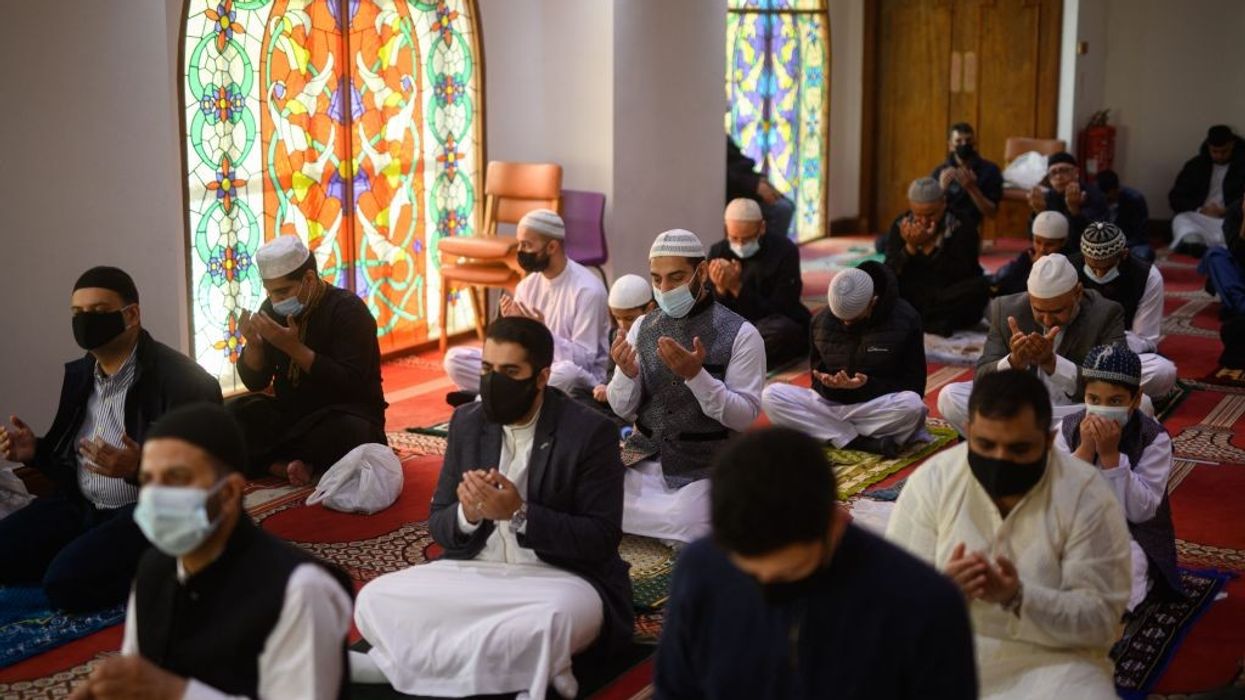THE independent NHS Race and Health Observatory and the Muslim Doctors Association have urged caution ahead of lockdown relaxation rules on Monday (19), which coincide with the festival of Eid ul-Adha.
The muslim festival of Eid ul-Adha will last for three days, between July 19 and July 23.
Muslims typically mark the occasion globally by visiting mosques for special Eid prayers, socialising with family and sharing meals with friends, neighbours, and those less fortunate.
Dr Habib Naqvi, director of the NHS Race and Health Observatory, said: “Keeping yourself and loved ones well during Eid ul-Adha will mean adapting usual religious and cultural practices. This is particularly important for protecting vulnerable people who are shielding because of underlying health conditions as well as family, friends and carers of those who are most vulnerable.
“Asian and black communities remain particularly vulnerable and disproportionately affected by the Covid-19 virus. The wide mixing of households and people of all ages, without restrictions, means this risk sadly remains.”
The Chair of the Muslim Doctors Association has also called for muslims to continue to take tests and receive Covid-19 jabs during the three-day festival.
Dr Hina Shahid, chair of the Muslim Doctors Association, said: “I encourage everyone to get vaccinated so they can feel safer celebrating Eid with their loves ones. Both indoor and outdoor celebrations could potentially impact Muslim families and individuals so I would urge that Eid ul Adha celebrations are again limited, the last thing we want is for festivities to become super spreader events.
“There remain increased risks from Covid-19 infection in the community and in light of evidence of increasing transmission, there needs to be a sensible approach in celebrations, minimising risks to vulnerable people, continuing with hand and respiratory hygiene and wearing face masks in crowded places.
“Individuals should seriously consider taking the vaccine to protect themselves and not hesitate to get tested if they present with symptoms and isolate if positive.”
Latest figures published by the Office for National Statistics show those from Pakistan and Bangladesh backgrounds have the lowest rates of receiving second doses of the Covid vaccine. Also, among faith groups, muslims and buddhists are the least likely to accept the jab.




